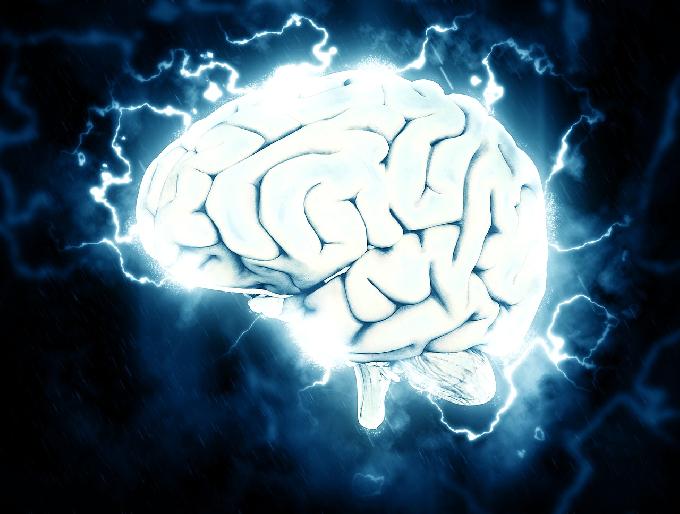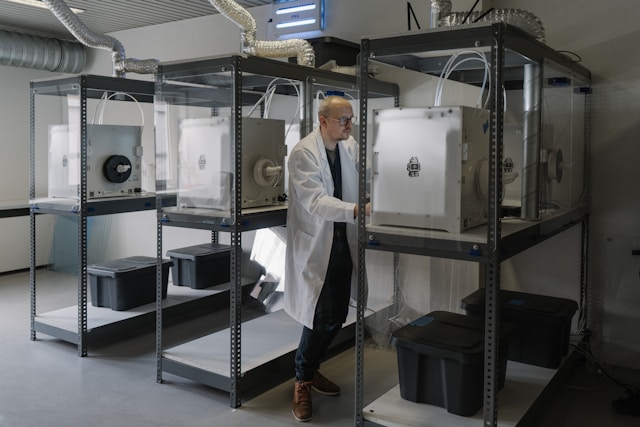Scientists at Fudan University in China have devised a method to revive frozen human brain tissue without causing damage. Their new technique successfully froze and thawed human brain tissue, with the tissue regaining normal function after 18 months in a frozen state.
Reviving Frozen Brain Tissue Without Damage
This development holds immense potential for the future of neuroscience research. Traditionally, freezing biological material damages cells due to ice crystal formation. The Fudan University team tackled this challenge by developing a special chemical solution (MEDY) that protects the tissue during freezing.
Their experiment involved using brain organoids – miniature, lab-grown replicas of human brain tissue. These organoids were bathed in MEDY, frozen in liquid nitrogen, and then thawed. Remarkably, the thawed organoids exhibited similar growth, function, and appearance to unfrozen organoids, even after 18 months in cryopreservation.
Revolutionizing Neuroscience:
The researchers then tested MEDY on actual human brain tissue samples obtained during surgery. The results were encouraging, with the tissue maintaining its structure and activity even after being thawed.
This research paves the way for large-scale cryopreservation of brain tissue samples. It could revolutionize our understanding of neurological diseases and potentially lead to new treatment options.
However, it’s important to note that this is a significant first step, and further research is needed. The current study focused on tissue function, not necessarily complete brain function. Additionally, ethical considerations surrounding human cryonics remain a complex issue.
Overall, this breakthrough offers a promising glimpse into the future of brain research and potential new avenues for studying and treating neurological conditions.







